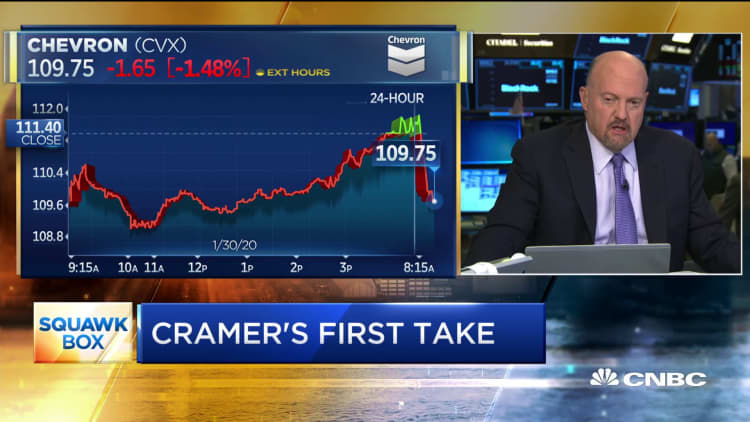In world first, New Zealand mulls climate law for financial firms, New Zealand says banks and insurers of a certain size will have to report how they manage climate-related risks by Reuters, April 13, 2021, Al Jazeera
New Zealand has become the first country to introduce legislation that will require banks, insurers and investment managers to report the effects of climate change on their business, according to Minister for Climate Change James Shaw.
All banks with total assets of more than 1 billion New Zealand dollars ($703m), insurers with more than 1 billion New Zealand dollars ($703m) in total assets under management, and all equity and debt issuers listed on the country’s stock exchange will have to make disclosures.
“We simply cannot get to net-zero carbon emissions by 2050 unless the financial sector knows what impact their investments are having on the climate,” Shaw said in a statement on Tuesday. “This law will bring climate risks and resilience into the heart of financial and business decision making.”
The bill, which has been introduced to the country’s parliament and is expected to receive its first reading this week, requires financial firms to explain how they would manage climate-related risks and opportunities.
About 200 of the country’s biggest companies and several foreign firms that meet the 1 billion New Zealand dollars ($703m) threshold will come under the legislation.
Disclosures will be required for financial years beginning next year once the law is passed, meaning that the first reports will be made by companies in 2023.
The New Zealand government last September said it would make the financial sector report on climate risks and those unable to disclose would have to explain their reasons.
It has introduced several policies to lower emissions during its second term, including promising to make its pubic sector carbon-neutral by 2025 and buy only zero-emissions public transport buses from the middle of this decade.
Prime Minister Jacinda Ardern, who was returned to power last October delivering the biggest election victory for her centre-left Labour Party in half a century, had called climate change the “nuclear-free moment of our generation.”
Refer also to:

Cramer said there are reasons to think that some of the fossil fuel stocks look like attractive buying opportunities, but the desire of money managers and funds to avoid the sector makes him stay away. …
“Look at BP; it’s a solid yield, very good. Look at Chevron; they’re buying back $5 billion worth of stock. Nobody cares,” Cramer said Friday. “This has to do with new kinds of money managers who frankly just want to appease younger people.” …
Both Exxon and Chevron have seen their shares decline over the past year despite the broader market having one of its best runs in decades.
However, Cramer said that better financial performance for oil companies wouldn’t even turn their stocks around.
“Exxon could have reported an upside surprise, and I don’t think it would matter.”
